Key Concepts
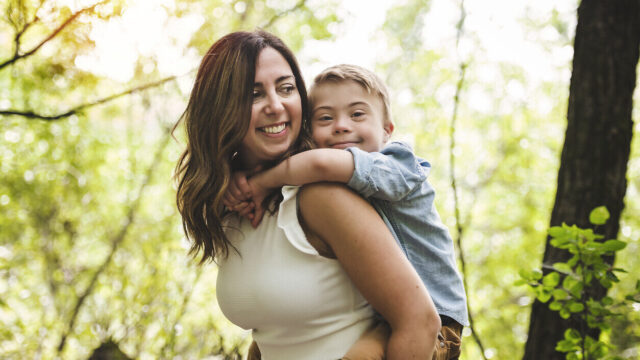
When it comes to early childhood development, a wide array of conditions in the places where children live, grow, play, and learn shapes their development and lays the foundations for lifelong health and well-being. We have long known that a child’s environment of relationships, including responsive serve and return interactions with caregivers, plays a critical role in the development of brain architecture and can help buffer against sources of stress and adversity. Emerging science makes it increasingly clear that we must also expand our lens to consider influences from the broader environment, including the many ways that children have access to opportunities or are exposed to hazards in their built and natural environments and how such influences shape the development of all biological systems.
Explore all of our Key Concepts
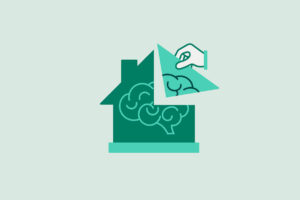
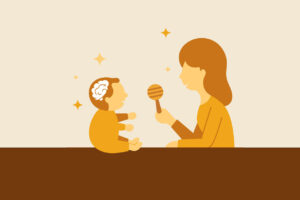
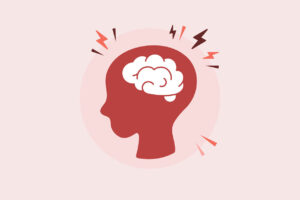
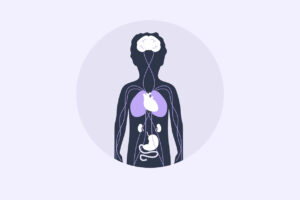
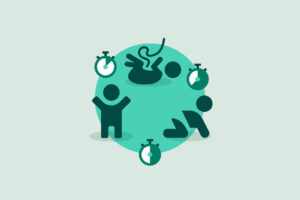
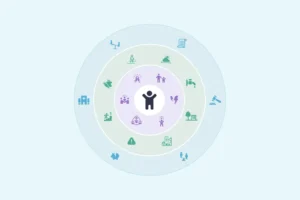
It’s also critical to acknowledge that such environmental influences are not distributed equally or fairly across the communities where caregivers are raising young children. Systemic racism has shaped historic and current policy decisions that determine the conditions of children’s developmental environments. And climate change is now affecting these environments in many ways, including rising temperatures, more frequent and intense wildfires, and more powerful storms and flooding. Climate change is also exacerbating existing inequities, creating disproportionate risk for already marginalized communities, including children of color and children living in poverty.
While the full scope of science, community expertise, and lived experience around child development is vast and multifaceted, these key concepts represent core elements of the many ways that what surrounds us shapes us. This science can help inform and identify strategies to improve children’s developmental environments, knowing those environments have been designed over time, and we can re-design them to address disparities, support healthy development, and create neighborhoods free of hazards and rich with opportunity for all children and their caregivers.